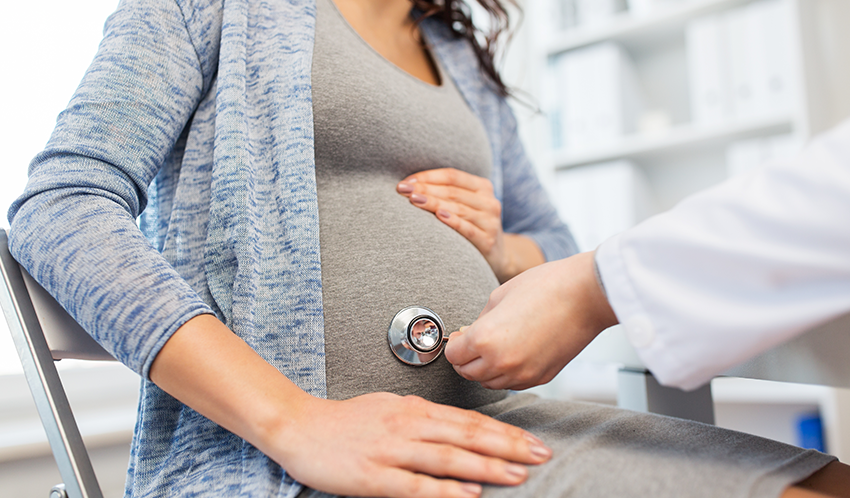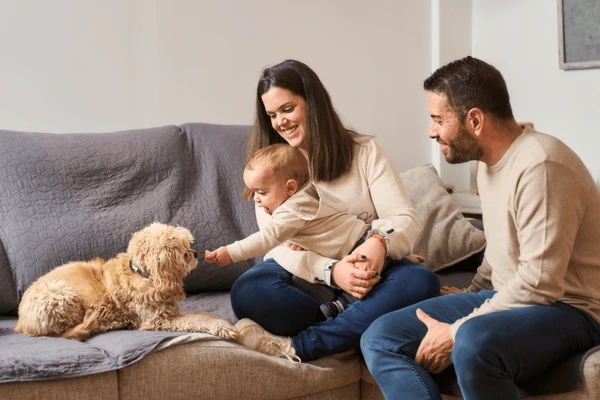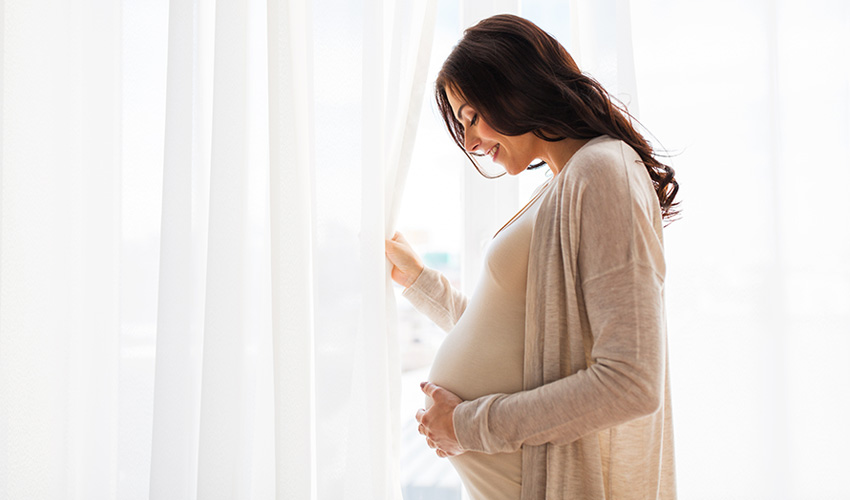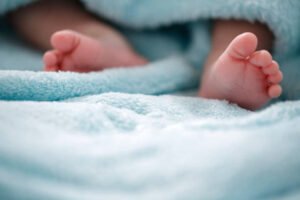The right age at which to start using sunscreen on infants is when they’re six months old. Our Paediatric clinic in Dubai advises not applying sunblock on babies younger than this age: “Their skin is sensitive, and sunscreen can cause more harm than good and might lead to rashes. Instead, keep your little ones in the shade or under a stroller canopy. The Food and Drug Administration (FDA) and AAP recommend staying out of direct sunlight, especially from 10 am to 2 pm, when UV rays are at their strongest.”
It is strongly advised to not follow any “trendy homemade sunscreen recipes you might find online,” since many of them don’t offer real UV protection, and others include allergenic ingredients. “They may look fun on Pinterest, but studies show that 68 per cent of them don’t offer proper UV protection, and some even contain harmful ingredients like PABA (Para-aminobenzoic acid).”
Which kinds of sunscreens are best for babies?
Two main types of sunscreen filters exist: mineral or physical, and chemical. While mineral sunscreens form a physical barrier to reflect UVA and UVB rays, chemical sunscreens have a different approach. They absorb sun rays and convert them into non-damaging heat through a chemical reaction.
Once your baby hits six months, it’s time to go with mineral sunscreen. The key ingredients are zinc oxide or titanium dioxide; these sit on the skin and provide a safe, strong barrier against the sun’s rays. On the other hand, chemical sunscreens get absorbed into the skin, which can irritate sensitive baby skin.
For parents seeking guidance from a Dermatology clinic Dubai, it’s always a good idea to consult a specialist before choosing the right sunscreen for your baby, as they can recommend the best products for sensitive skin.
When looking for an appropriate sunscreen, buying one with broad-spectrum SPF30 or higher is important. SPF30 blocks about 97 percent of UVB rays, while SPF50 blocks around 98 percent. There’s no need to go above SPF50, as it provides only marginally more protection, and higher SPFs can give a false sense of security.
Another factor to consider is how gentle and safe the sunscreens are for babies’ sensitive skin. Avoid sunscreens with fragrances. These can irritate their skin even more. Go for a fragrance-free formula labelled hypoallergenic to avoid any potential rashes.
Tips for application
- Apply sunscreen 15-30 minutes before your baby goes outside, and make sure to reapply every two hours or after any water fun. Don’t forget: One ounce (29.5ml) is the right amount to cover your baby’s skin thoroughly.
- If using spray sunscreen, give each area four sprays and rub it in for even coverage. And for the face, always spray onto your hands first, then apply.
- If your baby is younger than six months, skip sunscreen altogether – stick to shade, lightweight clothing, and wide-brimmed hats. For extra hydration, offer breastmilk or formula and pack a cooler to keep drinks cool during your sunny adventure.
While sunscreen is crucial, it should be paired with other protective measures. Keeping your baby in the shade during peak sun hours, dressing them in sun-protective clothing, and making sure they stay hydrated are just as important. At our Paediatric clinic in Dubai, we emphasize early protection as sunburns in infancy and childhood can increase the risk of skin problems later in life.
By combining sun safety practices with thoughtful sunscreen use, you can ensure your baby enjoys the outdoors safely and happily, giving you peace of mind as they explore the world around them.













